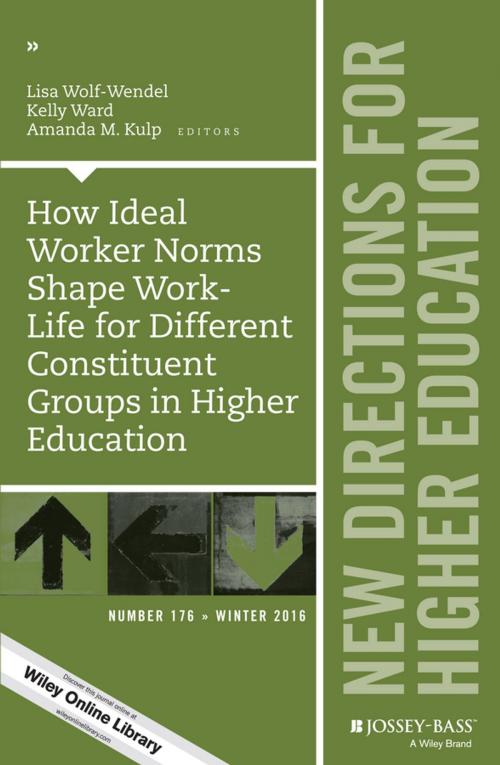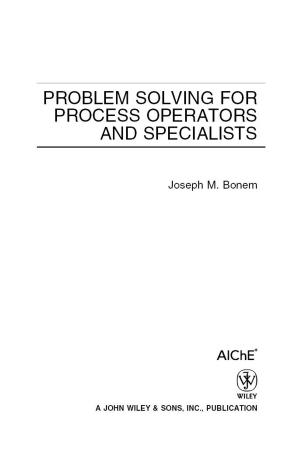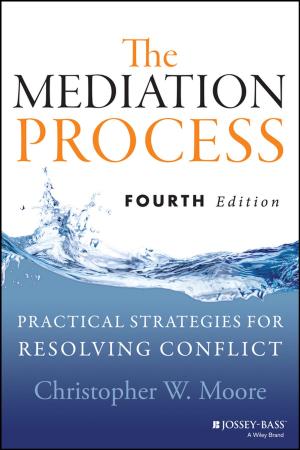How Ideal Worker Norms Shape Work-Life for Different Constituent Groups in Higher Education
New Directions for Higher Education, Number 176
Nonfiction, Reference & Language, Education & Teaching| Author: | ISBN: | 9781119347781 | |
| Publisher: | Wiley | Publication: | January 9, 2017 |
| Imprint: | Jossey-Bass | Language: | English |
| Author: | |
| ISBN: | 9781119347781 |
| Publisher: | Wiley |
| Publication: | January 9, 2017 |
| Imprint: | Jossey-Bass |
| Language: | English |
Work and family concerns are increasingly on the radar of colleges and universities. These concerns emerge out of workplace norms suggesting that for employees and students to be successful, they must be “ideal workers”.
This volume explores work norms in higher education, focusing on the ways that employees and students interpret and experience ideal worker expectations in light of family responsibilities. Chapters address how the ideal worker norms vary for tenured and non-tenure track faculty, administrators, undergraduate and graduate students, and offers recommendations for modifying work norms to promote work-family balance for all constituents.
This is the 176th volume of the Jossey-Bass quarterly report series New Directions for Higher Education. Addressed to presidents, vice presidents, deans, and other higher education decision makers on all kinds of campuses, it provides timely information and authoritative advice about major issues and administrative problems confronting every institution.
Work and family concerns are increasingly on the radar of colleges and universities. These concerns emerge out of workplace norms suggesting that for employees and students to be successful, they must be “ideal workers”.
This volume explores work norms in higher education, focusing on the ways that employees and students interpret and experience ideal worker expectations in light of family responsibilities. Chapters address how the ideal worker norms vary for tenured and non-tenure track faculty, administrators, undergraduate and graduate students, and offers recommendations for modifying work norms to promote work-family balance for all constituents.
This is the 176th volume of the Jossey-Bass quarterly report series New Directions for Higher Education. Addressed to presidents, vice presidents, deans, and other higher education decision makers on all kinds of campuses, it provides timely information and authoritative advice about major issues and administrative problems confronting every institution.















